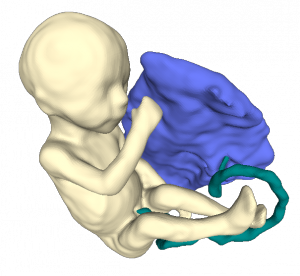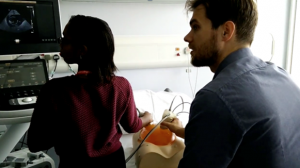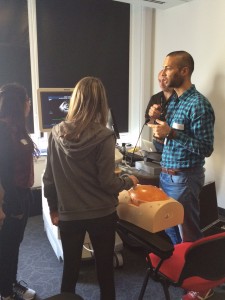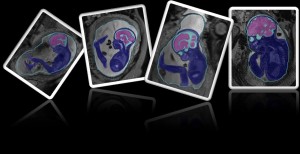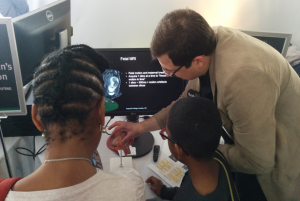News and Media
Fraiya: a Kings College London and Guy’s and St Thomas’ NHS Foundation Trust start-up company
Fraiya has been set up to move the research from iFind into a clinical tool to help improve pregnancy ultrasound screening examinations.
The research team involved in iFind has made good progress in the research to improve pregnancy ultrasound screening examinations. Thanks to the participants in the research studies iFind-1 and iFind-2, we were able to build AI models that can identify key views of the fetus in real-time during ultrasound examinations and automatically measure important parameters, such as the length of the thigh bone, that must be recorded as part of fetal assessment. The AI models have been put into an easy-to-use tool to assist sonographers during fetal scanning. In preliminary clinical studies, we have found that the iFIND AI tool can speed up fetal scanning and make more precise measurements. Also, sonographers report reduced cogitative load with the tool, which we hope will help improve the pick-up rate of congenital abnormalities. We are also developing AI models that could alert sonographers to a potential abnormality during scanning.
To bring these tools into use so they can help pregnant mothers, we need to get them approved for routine clinical use in clinics. To do this research team, with the support of the university and the hospital, has set up a start-up company called FRAIYA. It will take around a year for the first product to be developed and receive its approvals. This will then allow us to deliver on the aim of the iFind study, as outlined in the participant information sheet, “to develop an ultrasound system that will improve screening for fetal abnormalities”.
The university, hospital, and the research funder the Wellcome Trust will also share in any financial returns from the commercialisation of the iFind research allowing investment back both into future research and the NHS.
PROMETHEUS Clinical Trial
PROMETHEUS (Prospective tRial Of Machine lEarning To Help fEtal Ultrasound Scanning) is the first randomised controlled trial of AI to assist in the fetal anomaly ultrasound scan. We have recruited a large cohort of pregnant participants, along with sonographers, to directly compare AI-assisted ultrasound scans with standard manual scans. The aims of the study are to examine the effects AI assistance on diagnostic performance, as well as scan duration, cognitive load, and measurement precision. The study has now finished recruitment, and the results are being prepared for publication in a major journal.
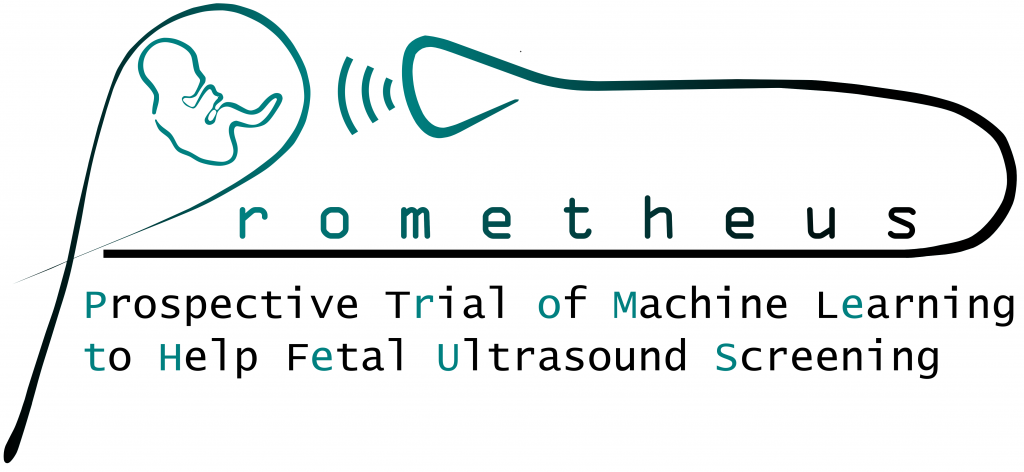
iFIND Technology Accelerator award to Professor Jo Hajnal
Professor Jo Hajnal has been awarded additional translational funding to speed the development of clinic ready prototypes deploying assistive antenatal screening technologies developed as part of the iFIND project.
iFIND-2 study: participant recruitment restarted
After a long pandemic-induced pause, iFIND-2 has officially resumed participants recruitment on 25 August 2021. Many thanks to the mothers-to-be who have agreed to be a part of this study and to all who helped the project team over the years.
2021 Awards to iFIND Team Members
Congratulations, Laura!
https://www.linkedin.com/feed/update/urn:li:activity:6828957948673351680/
Public Dialogue initiative 2021
iFIND researchers are contributing to a new public engagement initiative, in collaboration with colleagues from Gift-Surg project and the Centre for Medical Engineering – https://medicalengineering.org.uk/public-engagement/public-dialogue-on-scanning-and-surgical-innovations-in-pregnancy
2020 awards to iFIND team members
Congratulations, Jackie!
Congratulations, David!
https://www.kcl.ac.uk/news/dr-david-lloyd-wins-research-impact-award-for-ifind-project
iFIND-2:over 530 participants recruited
iFIND-2 recruited over 530 participants up to February 2020. Since March 2020 new recruitment to iFIND-2 has been paused and it is expected to resume in 2021 (TBC).
iFIND-1: 9,990 participants recruited!
iFIND1 recruited its 9,990th participant in December 2019.
Many thanks to everyone who has agreed to be a part of our study and helped the team meet the recruitment target ahead of schedule. Recruitment to iFIND1 is closed.
Real-time fetal biometrics using deep convolutional neural networks
The Weighting Game
The latest installment of Dr David Lloyd’s blog on his experiences of working on the iFIND project.
Radio 5 Live interview
iFIND’s Dr David Lloyd spoke with the 5 Live team about the work we’re doing at iFIND
iFIND-1 recruits 3500th participant
Thank you to everyone who has agreed to be part of our research so far.
Mapping the Unborn
Hazel Sheffield from The Long+Short takes a look around the iFIND project through the eyes of a research participant. This article highlights the motivation, aims and day to day running of the of the project.
Many robotic arms make light work
The latest installment of Dr David Lloyd’s blog on his experiences of working on the iFIND project. Making a robot arm: How hard can it be??
iFIND-1 recruits 2000th participant
Thank you to everyone who has agreed to be part of our research so far.
KHP Summer School: Alberto introduces the next generation of scientists to iFIND ultrasound technology
Dr Jenny Cook, Research Associate in Public Engagement in Science at the Biomedical Research Centre organised this week long summer school for King’s Health Partners. Our Robotics Engineer, Alberto took the opportunity to show young scientists new ultrasound technology being developed by iFIND.
iFIND: developing cutting edge MRI technology on the way to the ultimate goal
The second installment of our very own Dr David Lloyd’s blog. Here he explains some of the toughest challenges facing the team and how we are overcoming them.
New technology to improve 20 week ultrasound scan
A blog written by Dr David Lloyd, Clinical Fellow working on the iFIND project. Documenting how fulfilling, interesting and exciting he is finding the project David gives a brief glimpse of how complex and challenging this undertaking really is.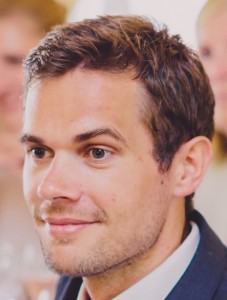
iFIND Senior Research Fellow Bernhard Kainz presents work at the imperial festival: Blog.
A blog written by Bernhard Kainz, Senior Research Fellow on the iFIND project, about his experience of the imperial festival. With the visitors’ age range between 0 and 99 years and the expected number of attendees at 15000, they had their work cut out. This was a relatively unusual setting for a scientist to present their work, but the team all agree it was an all round positive and fun day of public engagement.

